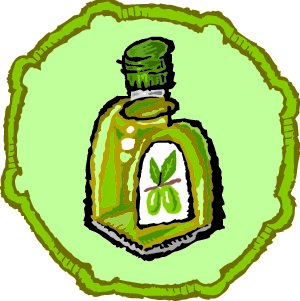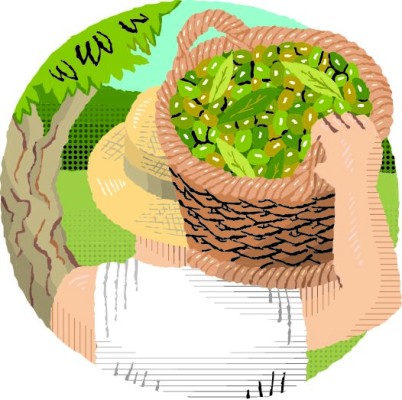
FAQ about Zingerman’s food clubs
When will the first installment ship?
Whenever you’d like! Want to plan ahead and cross off an item on your gifting to-do list? You can choose a preferred arrival date in the future when you checkout online or when you give us a call. Otherwise, the first installment will ship on our next available ship date.
When will the rest of the installments ship?
After the first installment, the remaining club shipments will arrive every four weeks. If you’d like to change the delivery for any reason – maybe the recipients are traveling or maybe you want the shipments to occur every other month – we can make it happen! Just reach out to us and we’ll be glad to help.
How easy is it to change the address for one or more shipments?
Super easy! You can call, email, text or chat and let us know about the update. As long as it hasn’t shipped, we can change the address with a few simple clicks.
When am I charged for the club?
You’ll be charged the full amount for the club before the first installment ships out.

Are there printable cards for the food clubs?

How long can you store olive oil?
As a very flexible rule, extra virgin olive oil can be stored for about a year. It likely will not go rancid after a year, but the flavors will mellow as the oil matures. There’s often a best by date on the bottle that is usually 1-2 years after it has been bottled.
What’s the best way to store olive oil?
Keep it in a relatively cool, dark place. Heat and light are enemies, so keep it away from window sills and stove sides. There’s no need to refrigerate, in fact, we recommend you avoid it.
When can I expect the next season’s olive oils to arrive?
Most of our olive oils come from the Northern Hemisphere, so the olives are harvested in the fall. The pressing and bottling happens in the fall or early winter. For any oils that aren’t produced in the United States, we’ll then wait for them to slowly make their voyage across the ocean to us. Keep an eye out for new harvest oils to be on our shelves by late spring or early summer.

How we know our olive oil is the real deal
Every couple years it seems a big news story breaks about the dangers of adulterated extra virgin olive oil.
What’s the story?
The oils are invariably from producers who are blending olives from many sources. They’re mixing less expensive oils in, ones that are possibly not from the region they say they are, possibly not extra virgin. They cut costs, they cut the quality of the oil, they mislabel. This is totally illegal. But it’s not uncommon in the Big Olive Oil Industry.
How do we know that Zingerman’s olive oils aren’t subject to this kind of adulteration?
We’re buying our oils directly from farmers (with very few exceptions). They make olive oil using only the olives grown on their own estates. Most bottle only a couple thousand liters annually, as compared to the millions of bottles that come from big companies. They laugh at the idea that they’re importing containers of cheap oil to make a buck. We’ve visited most of them and, frankly, when you see the small scale of their production and the handiwork that goes into it, it’s no surprise that they’re baffled.
We taste every olive oil we carry, usually many times a year. We make sure that the quality is still up to snuff. It’s not hard to spot the fakers. You really can taste the difference.